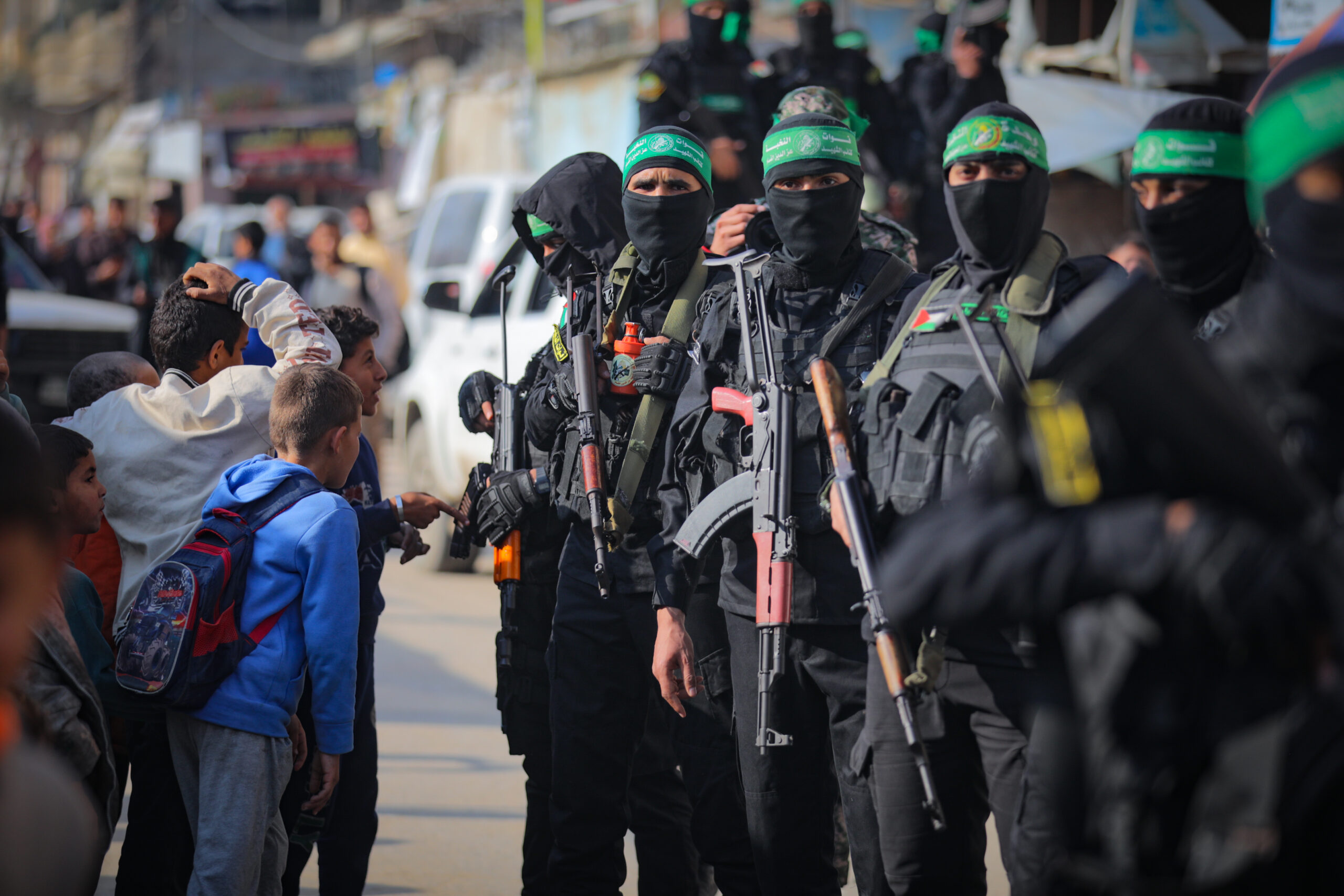Knesset Moves to Scrap Jordanian-Era Ban on Jewish Land Purchases in Judea and Samaria
A Knesset committee advanced legislation on Tuesday that would overturn a 1953 Jordanian regulation blocking non-Arabs from buying land in Judea and Samaria.
The bill—introduced by Moshe Solomon, Limor Son Har-Melech and Yuli Edelstein—now heads to the plenum for the first of the three required readings.
The Jordanian edict, still in force decades after Israel took control of the area in 1967, has long prevented Israeli Jews from purchasing property there. The bill’s sponsors argued that continuing to enforce a law created to stop Jewish land acquisition is indefensible.
Committee chairman Boaz Bismuth said the time has come to end what he called blatant discrimination. “In 2025, no Israeli should be barred from buying land in Judea and Samaria,” he stated during the discussion.
The proposal passed the committee with four votes and no objections.
Regavim, an Israeli watchdog that tracks illegal building in the region, praised the move as a long-overdue correction of an outdated policy. The group noted that government ministries previously asked lawmakers to delay action while the IDF’s Central Command considered issuing an order to address the issue—an order that never came. With no progress on that front, the committee decided to legislate directly.
Regavim Director-General Meir Deutsch said the decision launches the process of eliminating a discriminatory rule that has unfairly restricted Jewish land rights for decades.
IDF Tells Cabinet: Hamas Has Reasserted Control in Much of Gaza
Senior defense officials warned the Cabinet on Nov. 20 that Hamas has rapidly regained its grip on the Gaza Strip, catching several ministers off guard with the scale of the organization’s resurgence.
Intelligence assessments presented this week indicate that Hamas is back in charge of 13 out of Gaza’s 25 municipalities, according to Israel’s Channel 13. Hamas police officers have returned to man checkpoints, and the group is repairing infrastructure and reestablishing taxation—signs of a restored governing presence.
Defense officials also cautioned that Hamas has reclaimed influence over the local population, consolidating its authority far faster than expected.
Channel 13 previously reported that Hamas had resumed collecting fees from truck drivers roughly ten days ago.
The findings arrive as Washington and Jerusalem remain divided over Gaza’s postwar future. The Trump administration is attempting to move ahead with the next stage of its 20-point regional plan, while Israel argues that Hamas remains entrenched and heavily armed.
According to the report, American difficulties in assembling a multinational stabilization force have prompted the White House to consider interim arrangements that Israel views as unacceptable.
Israeli defense officials concluded that if the United States cannot field the planned international force, Israel will likely face the task of dismantling Hamas itself. Military planners reportedly believe that such an operation is only a matter of time.
Katz: Syrian-Based Terror Groups, Including Houthis, Preparing Attacks on Israel
Defense Minister Israel Katz told lawmakers on Wednesday that Israel cannot move toward any form of peace with Syria while hostile groups operate freely across the border—including Iran-backed Houthis now involved in plotting potential ground assaults targeting the Golan Heights.
Speaking before the Knesset Foreign Affairs and Defense Committee, Katz said the defense establishment is actively preparing for scenarios in which these factions attempt to cross into Israeli communities in the north, according to public broadcaster Kan.
He emphasized that Israel is closely monitoring the situation of Syria’s Druze population as well. Katz noted that the IDF has contingency plans and would intervene if violence again spills into the Druze Mountain region, referencing the July incident when dozens of Israeli Druze crossed into Syria to aid relatives caught in clashes.
Kan also reported that Hamas and Palestinian Islamic Jihad have been expanding their armed presence in Palestinian refugee camps in Syria—including areas near Damascus—with support from elements of the Syrian regime. Syrian President Ahmed al-Sharaa is not believed to be directly involved, but the report said other senior officials are aware of the activity.
Islamic Jihad denied the claims.
A Syrian security official told Kan that if Israel has concerns about Palestinian groups operating from Syrian territory, it should relay them through proper channels, adding that Damascus has no interest in allowing attacks on Israel and views such actions as harmful to Syria itself.





